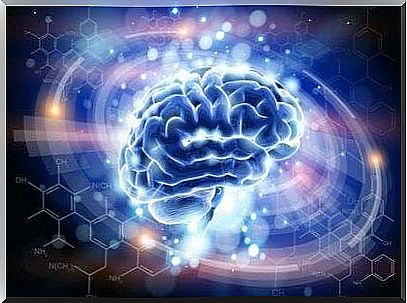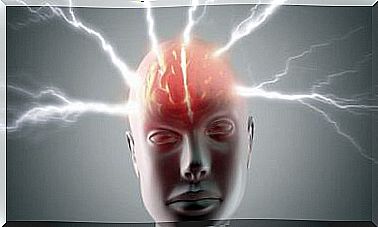Holistic Psychology To Understand Behavior

Holism in psychology is a term that suggests that people are much more than the sum of their parts. Holistic psychology focuses on observing how all the different parts of an individual work together, without breaking them down into specific processes.
To understand what moves people to think or behave in a certain way, holistic psychology believes in studying individuals as a whole, rather than just one aspect.
Many factors that constantly interact with each other ultimately influence who you are and what you do. This broad view is what holism studies to try to understand a case or a problem.
You can find a very clear example in the human brain. Everyone knows that the brain contains millions of neurons. However, if you want to understand what the brain as a whole can do, studying individual neurons is completely useless.

Applying holistic psychology
When a psychologist analyzes how different factors interact and influence one’s behavior and emotional state, they apply a holistic psychology. In that sense, the elements they consider vary with each patient.
These include:
- the person’s house
- the people they live with
- their job
- their professional and educational background
- the social connections
- how they behave in group situations
- their health
- their perception of well-being and stress
So you see that evaluating the patient is much more than just studying their symptoms.
The benefits of this approach
A holistic psychological approach is one of the most effective treatment choices. Because many elements have been incorporated into the evaluation, it is more likely that the root cause of the problem will be tackled.
A holistic psychology is also effective for finding more accurate and potentially better solutions. Although this approach takes more time, it is a small price to be able to offer more substantive and relevant interventions that lead to changes in the long term.
When you study an individual holistically, you better understand the aspects that affect how that person feels mentally, physically, and socially. It’s like trying to look at a picture that’s just an inch from your nose.
While you may be able to focus on a small part of it, you can’t really understand what you’re seeing until you step back and look at the whole. Holistic psychology wants to treat the whole patient, and the only way to do that is to understand who that person really is.
Disadvantages of holistic psychology
As with any specific area of focus, this also has its drawbacks. Certain problems require a very specific focus to find a solution.
This approach can make that kind of precision very difficult, especially when it comes to research. Studies need very clearly defined variables and therefore holistic psychology is not always compatible with the scientific method.
Holism in psychology is complicated. It is a challenge to design evaluations and interventions that fit into this approach. Many psychologists simply cannot apply it to their clinical work.

Schools of Holistic Thinking
Throughout the history of psychology, different schools of thought have taken a holistic approach. One of these is Gestalt psychology, which states that human behavior should be observed in its entirety.
Humanistic psychology is another holistic school. It emerged as a partial response to the reductionism of the psychoanalytic and behaviorist schools.
Social psychology also uses a holistic approach, as it takes into account environmental dynamics, as well as social, emotional and group dynamics.
Holistic psychology is especially attractive because it often finds solutions that other, more reductionist approaches lack. It evaluates the influence of one’s past, how one lives in the present and how one deals with the future.









